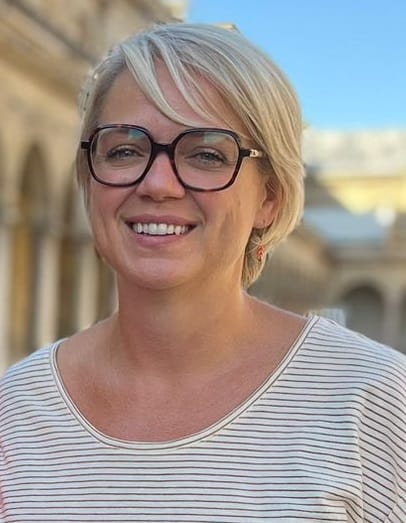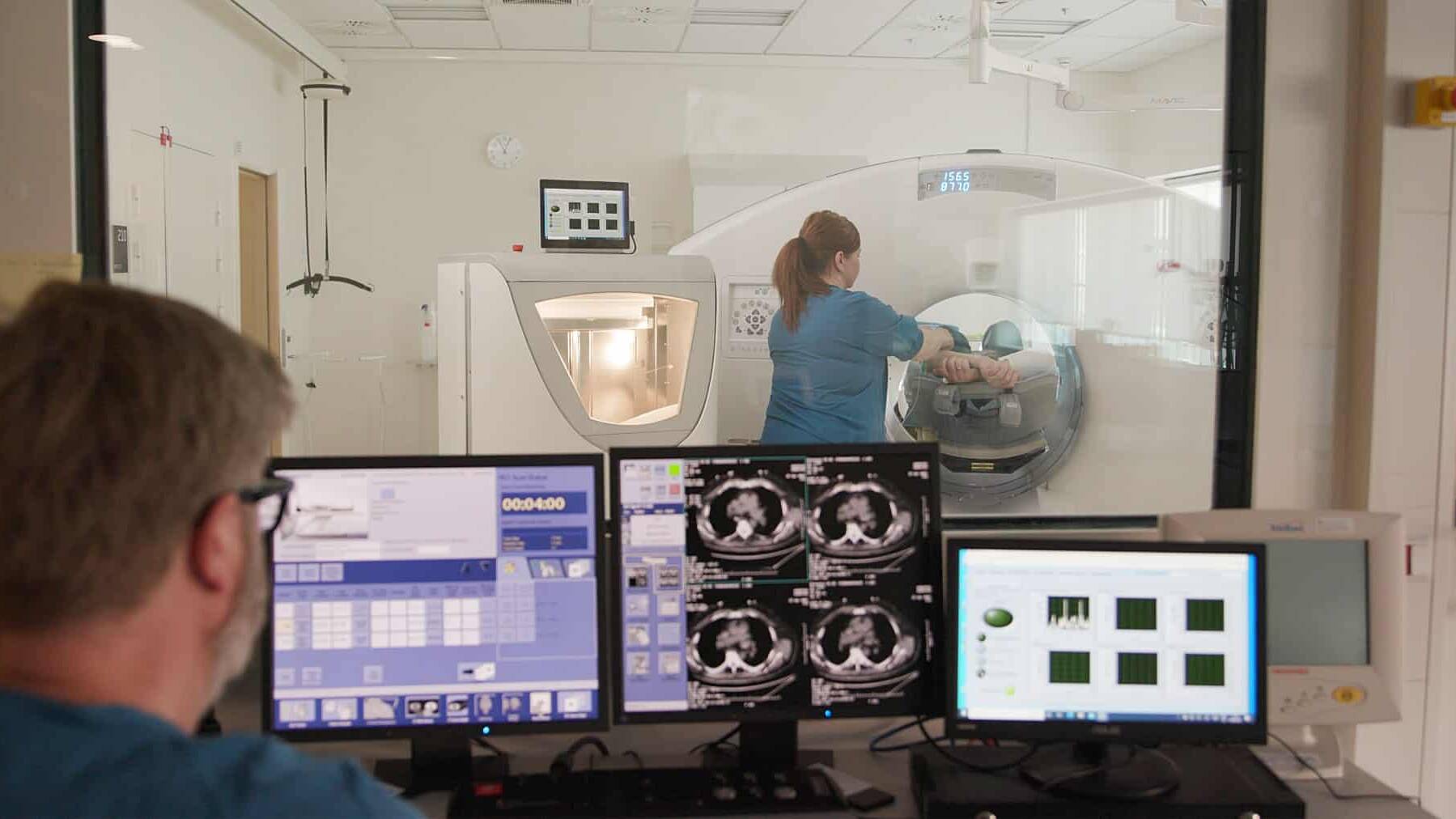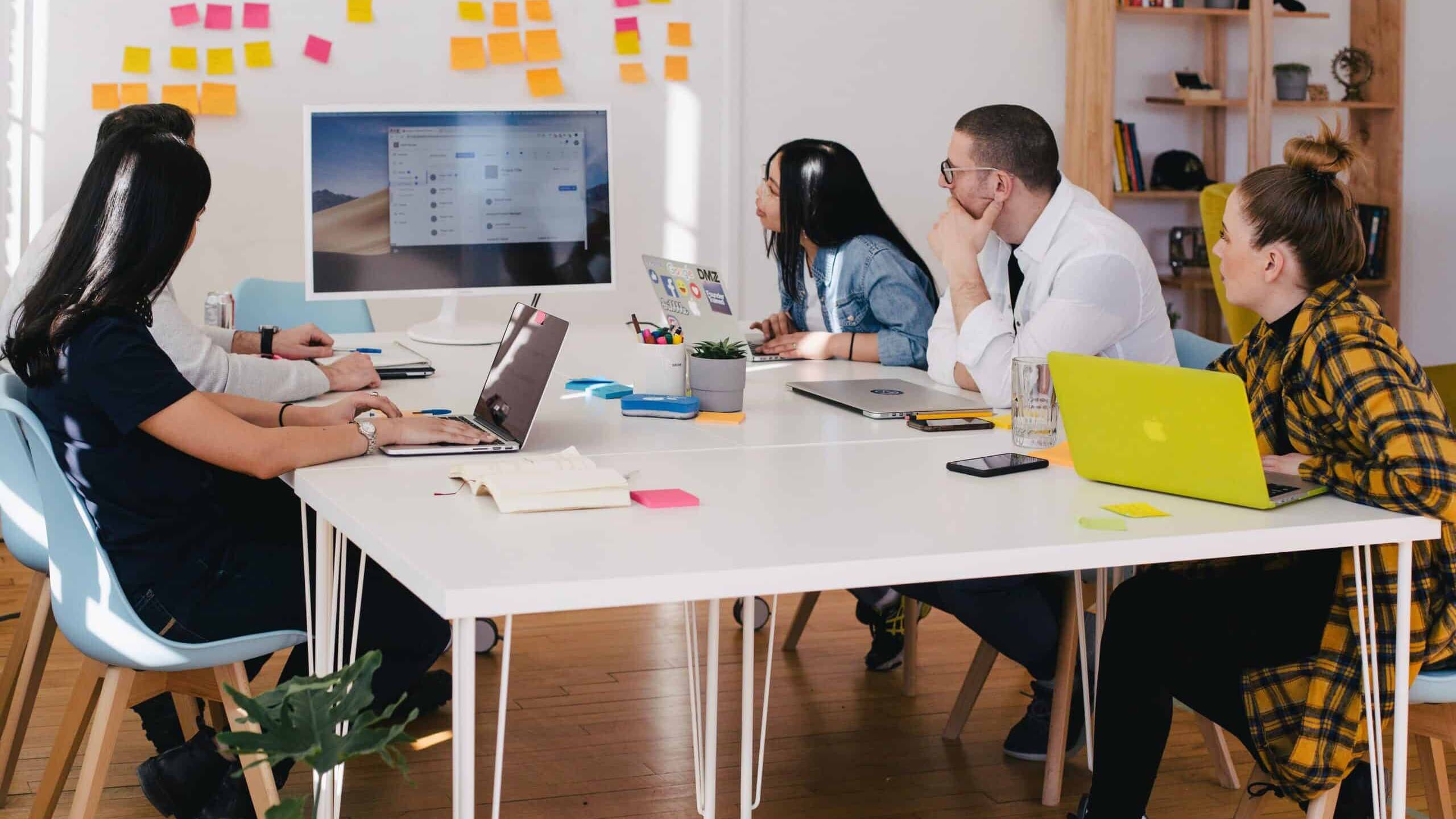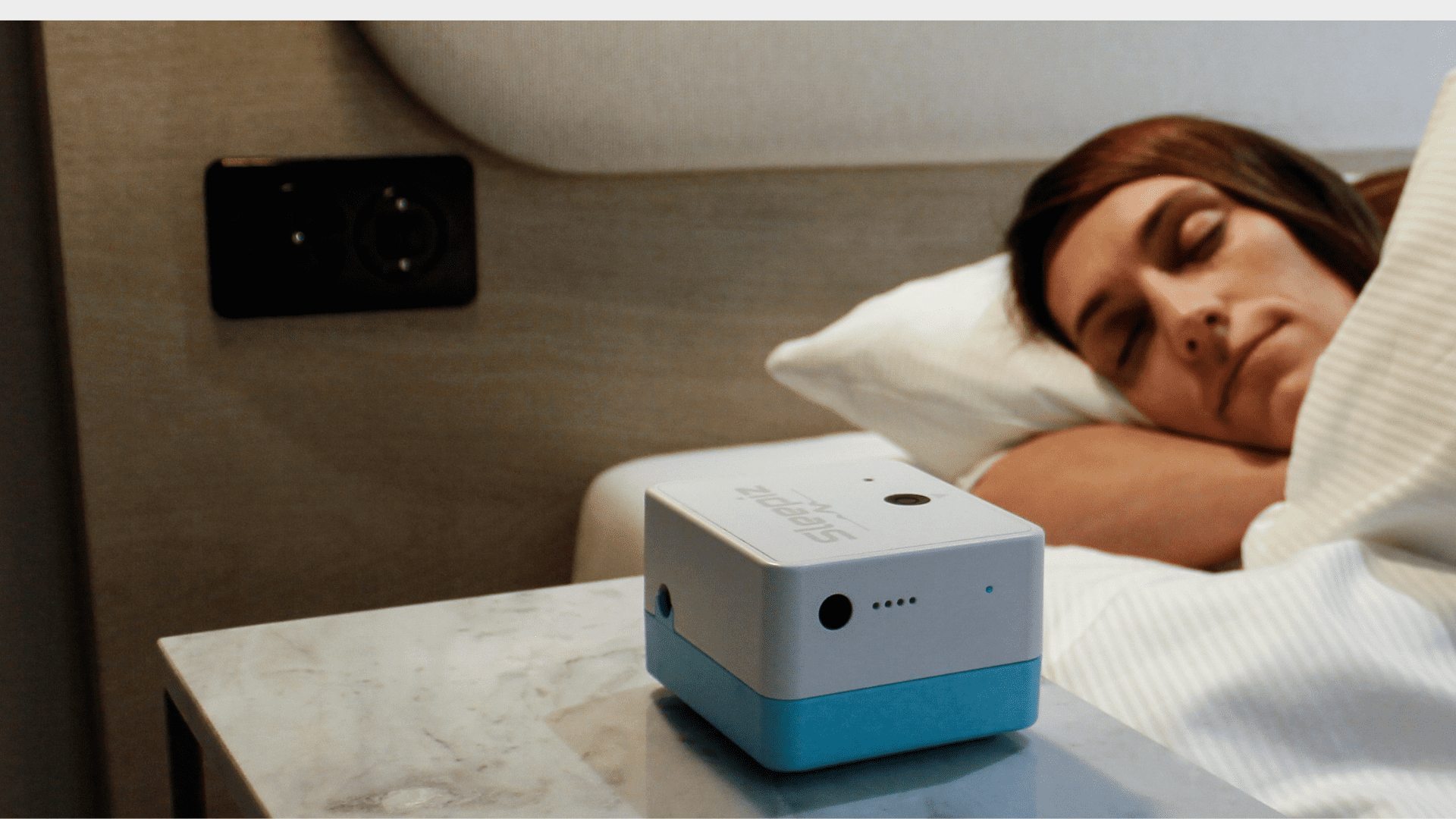Current cancer drug development is a costly, highly inefficient process with a 96% failure rate. In this interview, Orakl Oncology CEO Dr Fanny Jaulin tells how her techbio startup is spearheading a revolution that will bring data science to biology for more precise effective cancer treatments.

CEO and Co-Founder, Orakl Oncology
Dr. Fanny Jaulin is the CEO and Co-Founder of Orakl Oncology. With over 20 years of research in cancer biology, she previously built up and led her own research laboratory consisting of 10-15 team members within the Gustave-Roussy Institute, Europe’s largest oncology center. She has a doctorate in cell biology from the University of Marseille-Luminy and was a postdoctoral fellow at the Memorial Sloan Kettering Cancer Center in the US.
A $270 billion industry mostly centered on mice models, the current cancer drug development pipeline has a mere 4% success rate in clinical trials, with only 10 new drugs approved per year. The main reason for it is the inability of drug developers to accurately predict patient responses due to the complexity of cancer and the heterogeneity of the human population. Alternative methods to animal testing such as cell-based assays and computer models to investigate the safety and effectiveness of a drug are now getting traction, bolstered by a new wave of legislation authorizing their use.
French startup Orakl Oncology aims to bring data science and the latest developments in biology to cancer drug development. It creates personalized digital models, known as patient avatars, to represent an individual’s cancer. These avatars are made from small pieces of a patient’s tumor tissue and are designed to closely match the genetic and molecular characteristics of that patient’s tumor. Orakl’s patient avatar collection can be used to identify subgroups of cancer patients with characteristics that may better respond to specific drugs, leading to more personalized effective treatments.
How did your relationship with the Gustave Roussy Institute begin?
I decided to join the Gustave Roussy Institute because it’s a unique place for scientists and medical doctors to interact. You can launch transversal projects which you can’t say for many places. Usually you have good research centers, but they are not connected to hospitals. Or you may have very good hospitals, but with weak research infrastructure. The institute brings together the best of both worlds. The medical doctors and the scientists working there are also very open-minded. They want to work side by side, to understand the disease and to impact society and patient care.
You’ve been leading your own laboratory at the Gustave Roussy Institute for over 10 years. What made you decide to go into entrepreneurship and found Orakl Oncology?
I think it was the obvious next step. I’ve spent the first stage of my career working on fundamental research trying to build knowledge. We then reached a stage where clinical research and trials became a crucial part of our work. I could see that what we’ve created over the past years could be leveraged to contribute to the transformation of anti-cancer drug development.
Oncology drug development is a pretty inefficient industry and it’s very frustrating for a lot of people, especially medical doctors. I think this is something Orakl can help with. We can change the speed that a drug can be delivered to patients, make sure that more drugs are available to patients in need, and that medical doctors have more relevant options to treat their patients. That’s what we’re working towards.
What is the involvement of the Gustave Roussy Institute in this?
The institute was very supportive of my decision to build the company. They see Orakl as an asset because Gustave Roussy has not launched many companies. In France, there has been a political push for researchers to create startups in deep tech, especially in biotechnology. But ultimately, I think it’s a very personal thing. Being an entrepreneur is demanding, you cannot just push people to do it.

Invest in Startups
As one of Europe’s most active venture capital investors, we grant qualified private investors access to top-tier European startups. With investments starting at EUR/CHF 10’000, you can build your own tailored portfolio over time and diversify across stages and sectors.
How difficult was it to transition from leading your own lab to founding a company?
When I became an entrepreneur, I realized that this is something I had already been doing for a long time. When I started my lab as a principal investigator, I started from scratch. Of course, it’s different because it’s in an academic setting, but it resembles entrepreneurship in some ways. You need to have a great idea, to convince people, raise funds and deliver. Once you have the money, you need to deal with everything, which is recruitment, buying equipment, getting started. Make sure you can face all the problems you’re going to encounter. So there is a similar zero to one pattern.
The use of organoids as 3D-cell culture models for novel drug discovery and treatment recommendation has been considered to be a superior solution because they accurately mimic the human body while being scalable. How important is organoid technology to Orakl’s aims?
My goal is to take biology to the next level. I strongly believe that we must bridge biology and data. Right now, companies are either addressing one or the other. I think you cannot make sense of anything if you do not have both. That’s what I’ve seen over the past 10 years.
The most important thing therefore is that we have the best data which is why we’ve partnered with the Gustave Roussy Institute which collects a lot of high-quality data. We also want the best biology. Today that is organoid technology, but it’s just a recipe. What is important is to get the tumor sample directly from the patient as soon as possible and process it to make sure we maintain tumoral heterogeneity and capture the complexity of the disease. Today we do that through organoids that we consider the best-in-class technology. In five or 10 years, it might be a different technology and we will use that. It’s therefore about making sure that this precious specimen we collect from the patient can be amplified as an avatar of that tumor over time. How we do it will always be in line with what we consider to be the most efficient technology available.
Orakl is initially targeting colorectal and pancreatic cancers, an area where there has not been much innovation in 50 years. Why is that?
The major breakthroughs in cancer treatments in the past 50 years have been targeted therapies and immuno-oncology. However, these are largely ineffective on colorectal and pancreatic cancers. As a consequence, their treatment still relies on old chemotherapy methods that have been around since the 1950s. To make matters worse, colorectal cancer is the second most common cause of cancer death and the incidence of pancreatic cancer keeps increasing as well. There is therefore a major unmet medical need that is getting a lot of attention from the pharmaceutical industry.
You’ve recently closed your Seed fundraising round. What is next for Orakl?
We are now entering the execution phase. We will start off by buying equipment. We are a techbio platform which means we operate both a dry and a wet lab. The wet lab requires a lot of specific equipment to handle the service. We also plan on recruiting 10 FTEs in the next 18 months. We are already in discussion with several pharma and biotech companies and we hope to be able to partner with them and actually execute contracts starting in January 2024.
Written by
WITH US, YOU CANCO-INVEST IN DEEP TECH STARTUPS

Verve's investor network
With annual investments of EUR 60-70 mio, we belong to the top 10% most active startup investors in Europe. We therefore get you into competitive financing rounds alongside other world-class venture capital funds.
We empower you to build your individual portfolio.
More News
11.09.2023
“The support from the nuclear medicine community has been phenomenal”
The gold standard of PET tracers in blood flow research for nearly 30 years has been 15O-water. However, it has yet to make it into hospitals on a large scale. MedTrace is aiming to commercialize the use of 15O-water for easy widespread adoption. COO Rune Wiik Kristensen tells us how.
05.10.2022
“French health startups are in a very good position”
Caroline Sai leads Angels Santé, Europe’s biggest health-focused business angel club. In this interview, she tells us which topics in health are hot right now, and which are not.
13.09.2022
“We want to democratize the sleep industry”
Over 1 billion people globally suffer from sleep apnea and chronic respiratory diseases. To get diagnosed in a sleep clinic, patients face waiting times of more than 8 months and high costs. The outdated technology also makes long-term monitoring difficult. In this interview, Sleepiz CEO Soumya Dash tells us the story of how he decided to apply his knowledge in wireless signal analysis to the field of sleep, enabling a faster diagnosis of sleep and respiratory disorders and wider access to sleep data for all.
Startups,Innovation andVenture Capital
Sign up to receive our weekly newsletter and learn about investing in technologies that are changing the world.




